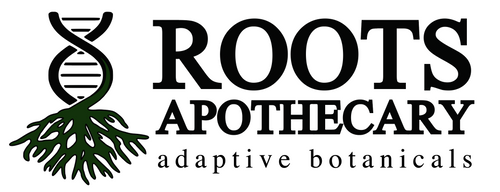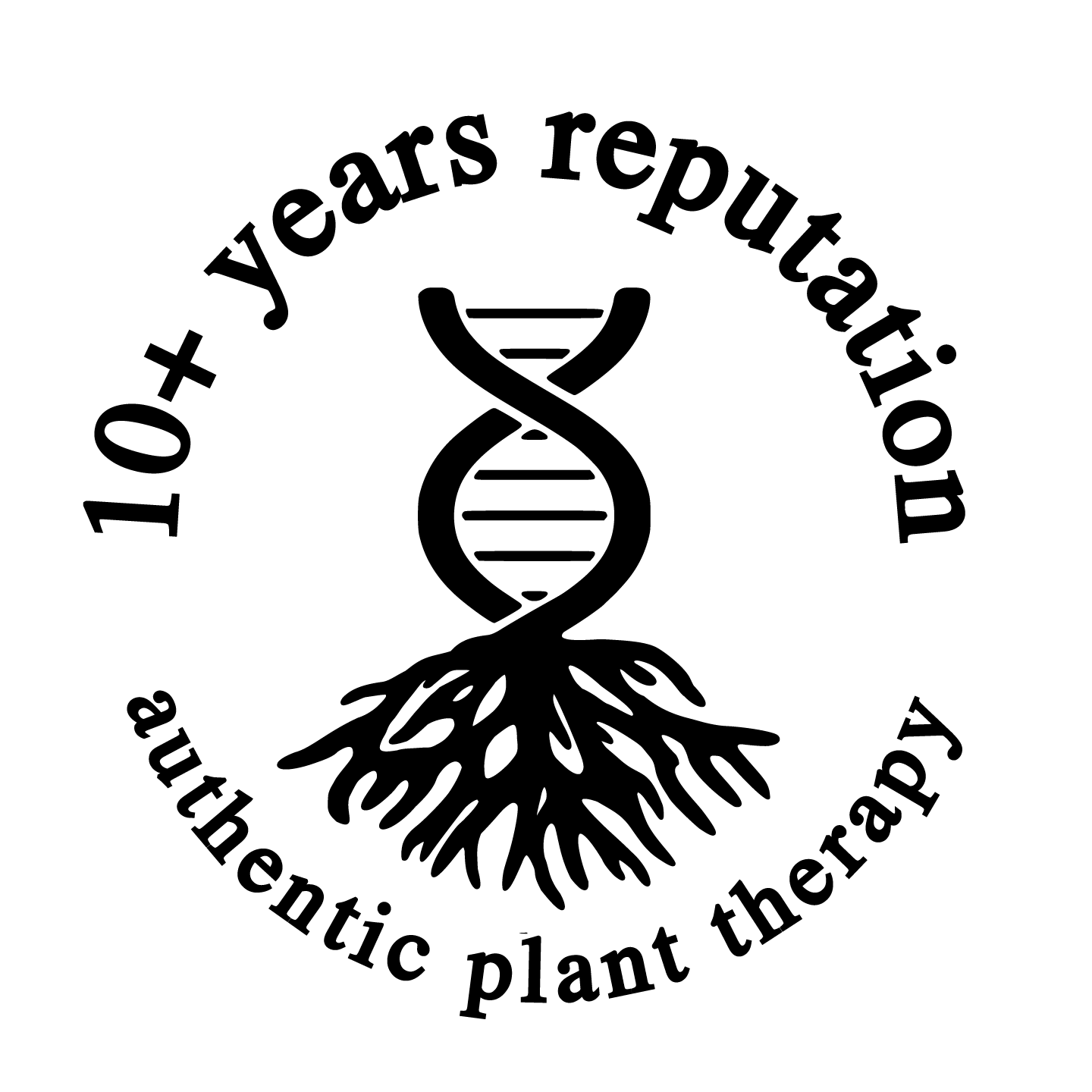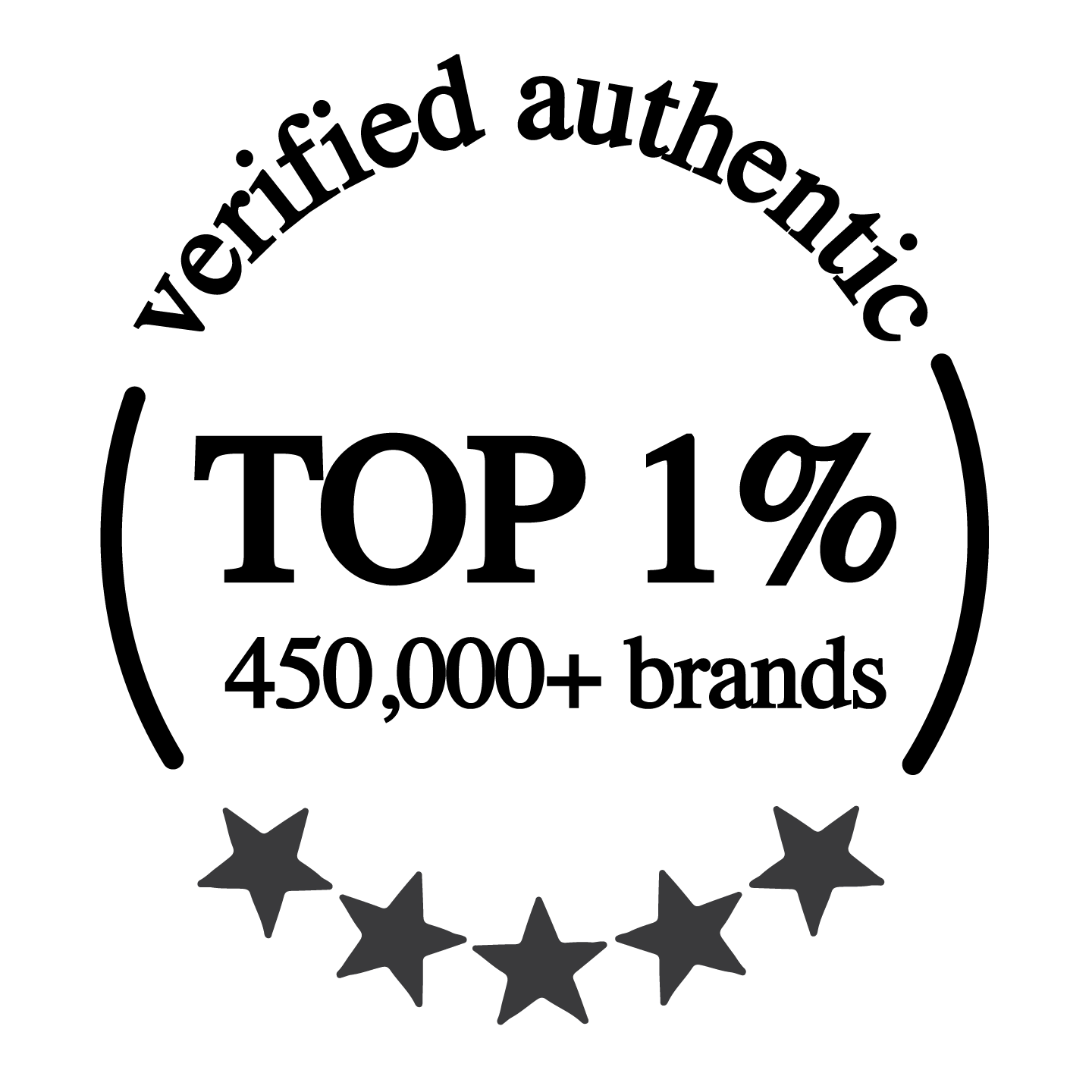Ditch The Lotions
Click Here For The PDF Version
Most people use lotion for daily moisture, nutritional supplementation, or as a remedy for skin complications like eczema, psoriasis and other forms of dermatitis. Through the power of marketing and mass adoption, lotions have become the standard for skin care. The truth is, lotions are very diluted forms of moisture that can weaken the skin’s natural ability to retain moisture, while triggering higher levels of inflammation. While lotions and other emulsified products(*1) can provide short term moisture and relief from irritation, the foundation of skin health is often compromised, leading to chronic imbalance and accelerated deterioration. For many people, the pitfalls of lotion are frustrating and obvious. We can give you a little information on why lotion is a poor skin care product
Typical Anatomy of a Lotion
- 20-30% oil (this is where your moisture comes from)
- 70-80% water (this is typically filler, but can sometimes contain active ingredients)
- Surfactant (emulsifier, binds oil and water with hydrophilic and lipophilic properties)
- Preservative (broad spectrum anti-microbials to prevent growth for extended shelf life)
- An active ingredient like Vitamin C or whatever
- Fragrance (natural or synthetic)
First Off, Water Doesn’t Hydrate Your Skin Topically
It’s important to know, immediately, that water does nothing for your skin topically. This is very true. Have you ever dipped you hand into water and noticed how hydrated your skin is for the rest of the day? Your skin is designed to repel water as a defense mechanism from pathogens. Hydrated skin comes from the water you consume internally and a lipid barrier that seals it in.
The Epidermis Lipid Barrier
The epidermis lipid barrier is responsible for protecting the skin from external pathogens and sealing moisture in the skin. Water cannot easily pass through a healthy lipid barrier (oil can't easily pass though water). Hydrated skin comes from the water you drink and a strong lipid barrier that seals it in. When this barrier is disrupted, hydration (water) can easily evaporate from the skin, causing dryness. Since the lipid barrier is an integral part of the skin's immune system and moisture retention, maintaining its' integrity is very important to maintaining optimal skin health.
Surfactants break lipid barriers.
Surfactants are used to bind oil and water together. These surfactants tend to break apart oils they encounter (super simplified). This is why soaps and detergents are so good at cleaning things like oil spills and stains. They’re also useful for washing the skin with soap, but you should repair that lipid barrier soon after hopping out of the shower. If you don’t replace the lipids, your skin gets dry. Dry skin can lead to inflammation and generally poor skin health. It’s not a good idea to follow up the cleansing process, which breaks lipids, with a lotion that can prevent the lipid barrier from re-sealing. This explains why people who use lotions are constantly re-applying. Since the lipid barrier is never given opportunity to repair, moisture is always evaporating from the skin, instead of being locked in by a strong lipid barrier as design intended.

Your Microbial Flora
Your skin is inhabited by billions of symbiotic bacteria that serve as a shield against pathogens (potentially harmful microbes). When these symbiotic microbes form healthy, strong cultures, they create competition that fight exogenous infections. A healthy microbial population is a first line of defense against pathogens and other foreign invaders. Building and maintaining a strong, symbiotic microbial flora is very beneficial for a healthy immune system.
Killing Your Flora
Broad spectrum bactericides (preservatives) are required to keep lotion shelf stable by preventing the water base from growing bacteria, mold, yeast and fungus. These bactericides can also wreak havoc on your skin’s symbiotic microbial flora. Damaged microbial flora means a weakened first line of defense against pathogens, resulting in over deployment of the body’s immune system in response to pathogens. Habitual weakening of these primary defenses can result in chronic inflammation.
The Synthetics Aren’t Helping Either
While synthetic ingredients aren’t always present in a formula (organic lotions are synthetic free), the ones that do introduce yet another potential inflammatory trigger. One of your skin’s primary jobs is determining whether a substance is good or bad upon contact. When the skin’s shields are down (flora and lipid barrier), a greater deal of caution is implemented by the skin, making less offensive ingredients look like exogenous threats. When this happens, your skin can get panicked and trigger inflammation more and more frequently and intensely. This is a basic explanation of how contact allergens can worsen over time. Strengthening the foundations of skin health and calming the immune response can have profound impacts on inflammatory skin conditions.
Consequences of Inflammation:
- Immune function is weakened from overactivation. Chronic immune exhaustion can also cause the immune system to attack its own body, leading to auto-immunity.
- Chronic inflammation levels lead to lower skin proteins, reducing skin firmness & flexibility
- Chronic inflammation can also increase flare ups of eczema, psoriasis, dermatitis, acne and other inflammatory rooted issues.
The Solution
Quality plant oils provide the skin with bio-available nutrition while strengthening the lipid barrier. Improving lipid barrier strength means improved moisture retention and reduced inflammation. Ditch the lotions & supplement with nutrient dense plant oils.
note: cheap, nutrient deficient oils (like mineral oil) don't provide the same value
Whole Body Apothecary Lipid Matrix & Moisturizers
While plant oils are far more functional than lotions, not all are made the same. Spinach is good for you, but if that's all you eat, you will be nutrient deficient (analogy). The same applies for topical products. A well balanced moisturizer has a full spectrum lipid profile (short, medium and long chain fatty acids), polyphenols, polysterols, antioxidants and vitamins. This full spectrum, well balanced formula provides the skin with the tools and nutrition it needs to build a strong lipid barrier and keep inflammation to a minimum.
If you're looking for a truly functional moisturizer that does far more for your skin than lotion, give our lipid matrix moisturizers a try. We offer free samples for all oil moisturizers.
QUICK GUIDE TO CHOOSING A WBA MOISTURIZER
BODY SERUM:
- light, daily moisturizer. designed to replace your daily moisturizer
BODY SALVE:
- heavier formula for repairing damaged skin. Best option for extra dry skin, eczema, dermatitis, cracked skin.
FACE SERUM:
- Extra light, vitamin rich skin supplement for normal to mildly dry skin.
FACE CREAM:
- heavier formula for dry skin and protection from the elements. Blended with mineral zinc oxide for a moderate SPF. This is a popular product for outdoor enthusiasts and winter sportsman. (protection from sun, wind and dry weather)






